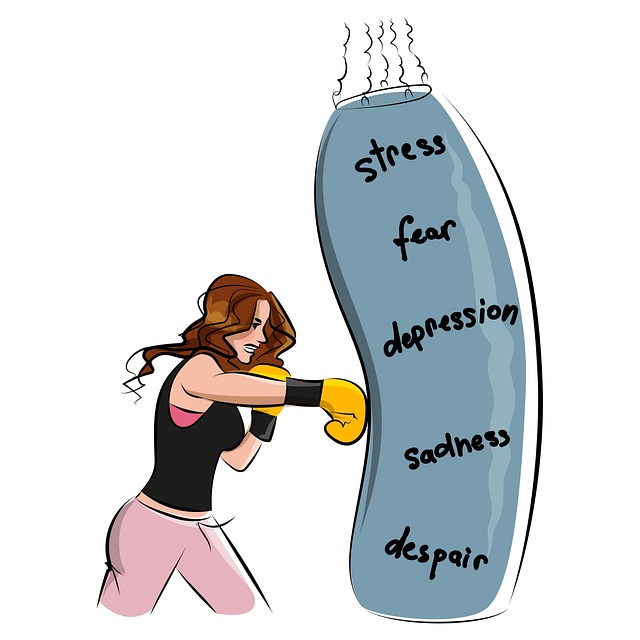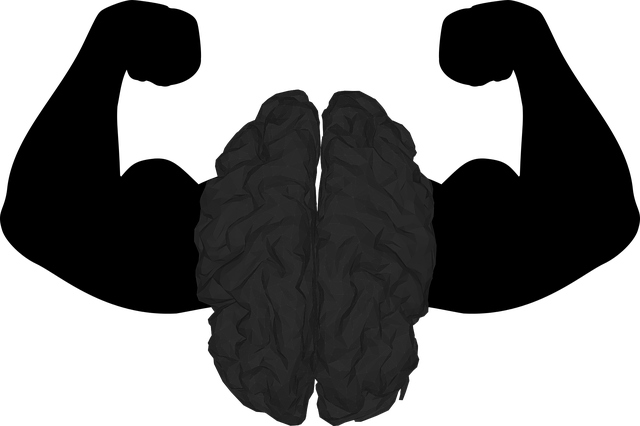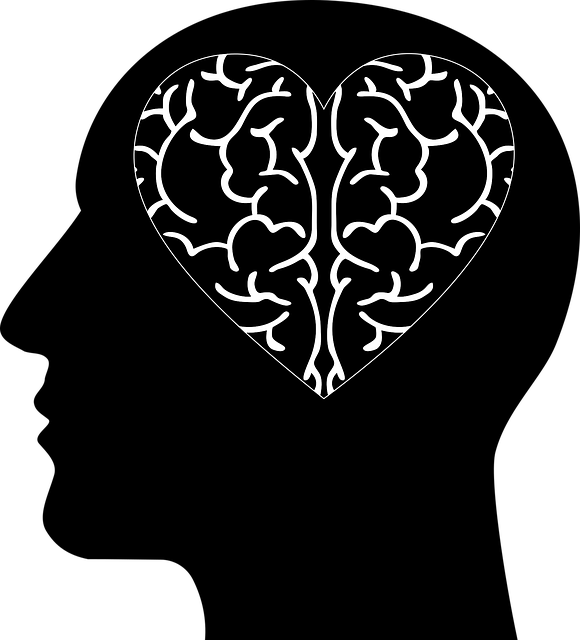Centennial Depression Therapy (CDT), an evolution of modern therapy, offers holistic, evidence-based solutions for depression using cognitive-behavioral therapy, mindfulness, and medication. For crisis intervention, CDT focuses on understanding individual needs, employing tailored evidence-based practices, effective communication, and cultural competency training. Short-term interventions build resilience, while long-term therapy prevents recurring crises. Cultural sensitivity, positive thinking, self-care, and community support are key to CDT's success in fostering holistic mental health improvement.
In an era where mental health crises are increasingly prevalent, effective intervention strategies are vital. This article explores a comprehensive guide to crisis intervention, focusing on the historical context of Centennial Depression Therapy as a foundational approach. We delve into identifying at-risk individuals, implementing short-term support, and integrating long-term therapeutic methods. Additionally, we highlight the importance of community resilience and support systems in fostering recovery. By understanding these strategies, professionals can navigate crises effectively, offering hope and healing to those in need.
- Understanding Centennial Depression Therapy: A Historical Perspective
- Identifying Crisis Intervention Strategies
- Implementing Effective Short-Term Support
- Integrating Long-Term Therapeutic Approaches
- Fostering Resilience and Community Support
Understanding Centennial Depression Therapy: A Historical Perspective

Centennial Depression Therapy, also known as modern or contemporary therapy, has evolved significantly over time, building upon historical practices to provide effective interventions for mental health challenges, particularly depression. Historically, therapeutic approaches often relied on psychoanalysis and behavior modification techniques, focusing on the past and present to understand and change maladaptive behaviors. However, the 21st century brought about a shift towards more holistic and evidence-based practices.
This evolution is partly driven by increased public awareness campaigns that highlight mental health as a vital aspect of overall well-being. As society becomes more open about discussing anxiety relief and self-esteem improvement, therapeutic modalities have adapted to meet these changing needs. Centennial Depression Therapy leverages advanced research and technology to offer personalized treatments, combining cognitive-behavioral therapy, mindfulness practices, and sometimes medication, to help individuals navigate and overcome depression effectively.
Identifying Crisis Intervention Strategies

Identifying effective crisis intervention strategies is a critical step in supporting individuals and communities during challenging times. In the context of Centennial Depression Therapy, understanding the unique needs and triggers of each person is essential. This involves assessing factors such as emotional state, personal history, and environmental influences to tailor interventions accordingly. By employing evidence-based practices, therapists can guide clients towards managing their crisis effectively.
Communication strategies play a pivotal role in this process. Trained healthcare providers must learn conflict resolution techniques to defuse tensions and facilitate open dialogue. Additionally, enhancing cultural competency through specialized training enables professionals to address the specific needs of diverse populations. These skills ensure that interventions are sensitive to individual differences and promote positive outcomes in crisis situations.
Implementing Effective Short-Term Support

In times of crisis, providing immediate and effective support is paramount to mitigate the impact on individuals’ well-being. Short-term interventions play a crucial role in helping people navigate traumatic or stressful situations, offering a sense of stability and hope. One proven strategy is incorporating elements from Centennial Depression Therapy, which focuses on fostering resilience and coping mechanisms tailored to individual needs. This approach encourages open communication, empowering individuals to express their emotions and gain perspective during challenging periods.
Additionally, healthcare providers can leverage Burnout Prevention Strategies for Healthcare Providers, integrating Compassion Cultivation Practices and Mindfulness Meditation into their routine. These practices not only enhance self-care but also allow professionals to offer more compassionate and attentive support. By prioritizing mental health and emotional well-being, healthcare workers can ensure they are equipped to provide the best assistance, creating a positive cycle of care that benefits both providers and those seeking help.
Integrating Long-Term Therapeutic Approaches

In crisis intervention, integrating long-term therapeutic approaches alongside immediate support is essential for fostering resilience and preventing recurring crises. While initial interventions focus on stabilizing individuals and mitigating acute distress, incorporating strategies like Centennial Depression Therapy can address deeper, underlying issues. This therapy type, designed to help clients understand and manage their emotional responses over extended periods, empowers them with coping mechanisms that promote long-lasting mental well-being.
Cultural sensitivity in mental healthcare practice plays a significant role in this process. By tailoring interventions to respect and incorporate cultural values, beliefs, and norms, practitioners can enhance the effectiveness of therapeutic approaches. Resilience building and empathy-focused strategies are key components here. Encouraging clients to express their feelings, fostering understanding, and helping them develop skills to navigate challenging situations with greater emotional control—all these contribute to a holistic crisis intervention strategy that prepares individuals for sustained mental health improvement.
Fostering Resilience and Community Support

Building a supportive community is an essential aspect of crisis intervention, especially when addressing mental health challenges like Centennial Depression. Fostering resilience within individuals and communities can significantly aid in recovery and prevention efforts. This involves creating environments that encourage open dialogue about mental well-being, reducing stigma, and promoting self-care practices. By integrating Positive Thinking and Self-Care Practices into daily routines, individuals can develop Inner Strength Development, enabling them to better navigate life’s stressors.
Community initiatives such as support groups, peer mentoring programs, and educational workshops play a pivotal role in this process. These platforms offer safe spaces for sharing experiences, offering encouragement, and providing practical tools for coping. Through collective efforts, communities can ensure that individuals experiencing crisis feel empowered, understood, and connected, ultimately contributing to enhanced mental health and well-being.
Crisis intervention strategies, as guided by historical practices like Centennial Depression Therapy, offer a comprehensive framework for addressing mental health crises. By understanding the past, we can identify effective short-term support methods and integrate long-term therapeutic approaches that foster resilience. In today’s digital era, it’s crucial to leverage these strategies alongside community support to revolutionize mental healthcare and enhance well-being on a broader scale.














